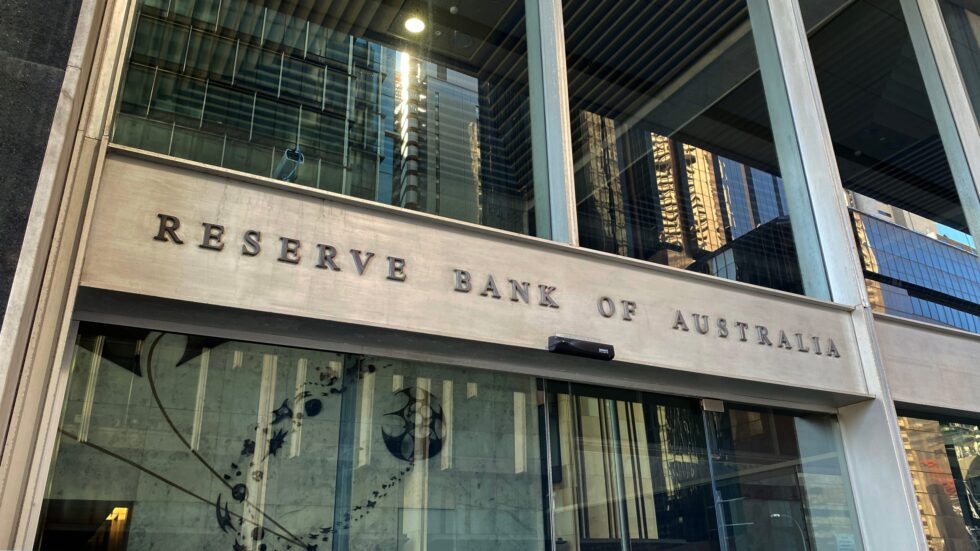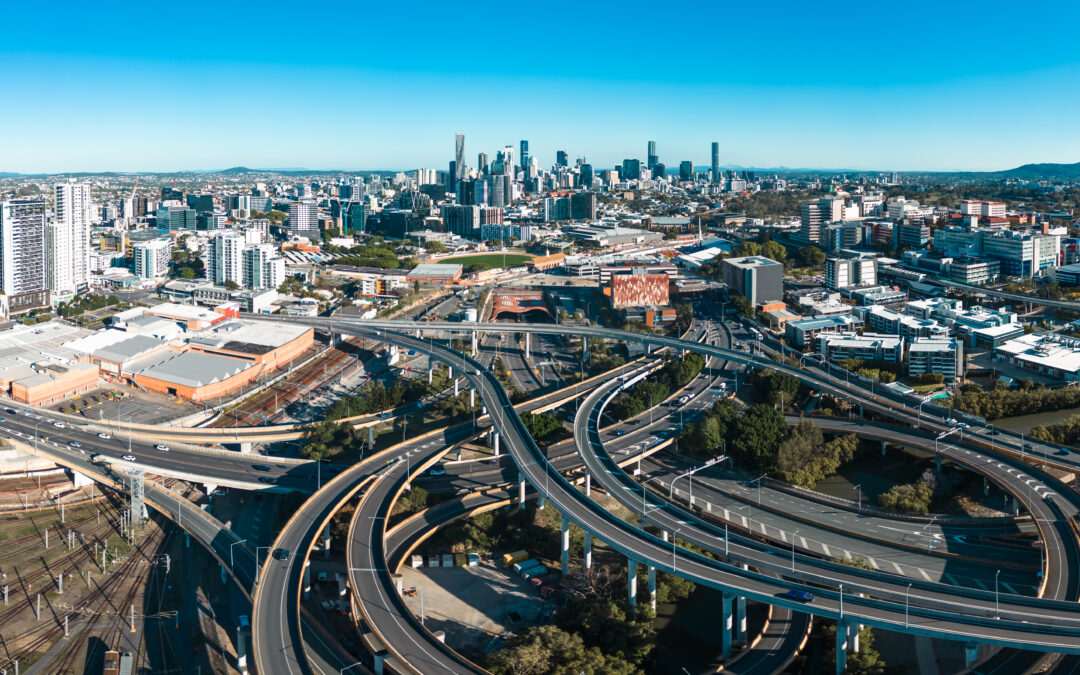
by Ashley Gardiner | May 15, 2024 | News, Transcripts
Event: ACCI chief executive Andrew McKellar interview with Peter Stefanovic on Sky News First Edition
Topics: Budget 2024-25
E&OE
Peter Stefanovic: So we’ve had a bit time to crunch through the numbers now. In your view, is it going to help or hurt business?
Andrew McKellar: Well, morning, Pete. Look, I think there’s not a huge amount in it directly for business. I think what business fundamentally was looking for was a clear sign that there’s a medium term strategy to get the budget back into better shape. That we would be reducing net debt over the medium term. Now we’re not seeing that beyond this year, a surplus this financial year. That’s a good achievement, but out over the medium term, we’re seeing higher spending, higher deficits and higher debt. So we are concerned that that won’t take the pressure off inflation and it won’t take the pressure off interest rates.
Peter Stefanovic: So that’s your view. I mean, so we’ve kind of got short-term gain for long-term pain. Without that medium term strategy, what happens to business then if that’s not brought under control?
Andrew McKellar: Well, I think what business is looking for is to get those fundamentals right at the moment. Small business in particular is absolutely struggling against a tide of regulation red tape, but we need to ease those cost pressures that one of the best ways to deliver cost of living relief and relief in terms of business costs is get to a situation where interest rates can start coming down. Now, if I wasn’t alarmed already, I was alarmed after hearing your interview a short time ago with the ACTU President, Michelle O’Neill, because what she was pointing to was not only the fact that we have those question marks over the budget strategy, but the unions signalling that they’re going after wages. If we have those two things pushing together, it’s going to be even harder again to get interest rates going down. So I think that’s a real warning bell for business and for the Australian economy.
Peter Stefanovic: If she did say this was good for wages, but long term what the businesses don’t make it and they can’t afford to pay them, is that the line that you are taking?
Andrew McKellar: Well, absolutely, and the one word that seems to escape the union movement is productivity. That’s one of the things that we are looking for in the overall strategy. We didn’t see a lot of that last night, and I think really here it’s about how do we free up that opportunity to make Australian business much more competitive? We’ve got to invest in innovation, we’ve got to invest in skills. We’ve got to be making our markets more competitive. If we’re not doing that, then we’re not going to see those benefits.
Peter Stefanovic: Are they not doing that with the longer term plans future made in Australia with its tax breaks, housing plans? Can they be success stories?
Andrew McKellar: I think it’s an interesting strategy and of course we keep an open mind on that. The concern I would have is, whilst it’s been much vaunted, when you look at the detail and there’s a list of different measures there, as long as your arm, it adds up to $22.7 billion over 10 years. In practical terms, I’m not sure that that’s enough to shift the needle. I don’t think it’s a huge risk, but at the same time, I’m not sure that it’s going to be enough to really drive that sort of new investment.
Peter Stefanovic: What about these energy rebates, Andrew? Not just for households, but businesses too?
Andrew McKellar: They are welcome of course. I think there are many businesses and many households who are struggling with those higher costs. Absolutely. Look, we want to see a fundamental energy market reform, and the government last week announced its future gas strategy. That was a step in the right direction because gas is an important part of that energy transition. So I think with bigger picture items like that, business is more confident.
Peter Stefanovic: Is that inflationary? Just to wrap up.
Andrew McKellar: Look, it’s not inflationary. The energy bill relief will obviously detract from the headline CPI. Does it do anything for underlying inflation? I think that’s the real question and I’m not convinced that it does a whole lot in that area.
Peter Stefanovic: Good to see you, Andrew. We’ll talk to you soon.

by Ashley Gardiner | May 14, 2024 | Media Release
This Budget has delivered little for Australian travel and tourism as it continues to recover from the impact of COVID-19 restrictions.
“Australian travel and tourism has rebounded well from the pandemic restrictions but there is still work to do,” Australian Chamber – Tourism executive chair John Hart said.
“The latest ABS data released on Budget day shows that short-term visitor arrivals in March were still 9 per cent below pre-pandemic levels for the same period. More support in this Budget was critical.
“While we welcome sustained funding for Tourism Australia, more is needed to attract the travellers we need to and to assist them in a highly competitive international tourism market.”
The Budget was also a missed opportunity to improve the passenger facilitation process.
“Australia continues to rank poorly in competitiveness in the area of passenger facilitation in ports, which will affect our attractiveness as a destination and impact our ability to generate visitor spend,” Mr Hart said.
Australian Chamber – Tourism welcomes improvements to visa processes and access and $8.1 million to administer the Approved Destination Status scheme to support Chinese tourists travelling to Australia in guided groups.
“This funding will bring this crucial cohort of travellers back to Australia,” Mr Hart said.

by Ashley Gardiner | May 9, 2024 | Media Release
Australian businesses will be relieved by the federal government’s recognition that gas has a vital role in the nation’s transition to net-zero.
A comprehensive strategy is needed to stabilise the gas market and provide additional certainty for potential investors, whose confidence has been softening in recent years, Australia’s largest and most representative business network said today.
“The Future Gas Strategy is sensible and reasonable in its approach. It indicates the government is committed to the role of gas in the energy transition,” ACCI chief executive officer Andrew McKellar said.
“Gas is essential for the future of manufacturing and value-adding in Australia and will play a crucial role in increasing domestic manufacturing to achieve ‘A Future Made in Australia’.
“A competitive gas market is necessary to ensuring affordable, reliable and secure energy for Australia to 2050 and beyond.”
“The warning bells have been sounding for long enough. There could be severe shortages of gas as early as next year.
“While the strategy will accelerate the access to gas, the government must also take its foot off the brake by streamlining and simplifying approval processes for gas exploration and development.
“The federal government must reiterate to the states the important role of gas in the energy transition and work with them to remove regulatory barriers and access to new gas reserves.
“In the longer term, reducing gas-related emissions must happen to meet the net zero by 2050 target. We welcome the recognition of carbon capture and storage as an important component of the strategy.”
Australia’s LNG exports also have a central role in regional energy security and are a significant contributor to Australia’s trade balance and GDP.
“It is important that we continue to supply gas to maintain strong international relationships and trade reputation, as well as to maintain the confidence of international investors in Australia,” Mr McKellar said.

by Ashley Gardiner | May 7, 2024 | Media Release
The fight against inflation is not over, with a slower than expected decline leading to a change in official expectations for future interest rate cuts.
Australia’s largest and most representative business network said the surprise rise in inflation during the March quarter of 2024 had seen the Reserve Bank of Australia adjust its expectations.
“The RBA has lifted its Consumer Price Index forecast by half a percent in June and December 2024 to 3.8 percent. But it still expects inflation will return to the top of the target range of 2 to 3 per cent by December 2025,” ACCI chief executive officer Andrew McKellar said.
In its statement, the Reserve Bank noted that it “remains vigilant of upside risks”. Previously it was indicating that interest rates had peaked, but today it said, “the path of interest rates that will best ensure that inflation returns to target in a reasonable time frame remains uncertain.”
Annual productivity growth remains negative, despite picking up in the second half of 2023. In its statement, the Reserve Bank said solid productivity growth “needs to be sustained over time if inflation is to continue to decline”.
“If productivity growth remains weak, then it will be even more challenging to return inflation to the target range,” Mr McKellar said.
Similarly, wages growth is a key factor contributing to inflationary pressure.
“The RBA has also highlighted wage are at a level that cannot be sustained at the current low level of productivity growth,” Mr McKellar said.
In its submission to the Fair Work Commission’s Annual Wage Review, ACCI is proposing an outcome that would avoid exacerbating higher inflation.
“ACCI has recommended a 2 per cent increase in the minimum and modern award wages as reasonable and responsible, providing a wage increase that will not contribute to inflationary pressure,” Mr McKellar said.
There has been a significant change in the tone of the statement. The Reserve Bank is now indicating the next move in the interest rate may be up. Its cash rate assumption has been lifted to 4.4 per cent in December 2024, compared to an easing to 3.9 per cent in its February 2024 forecast.

by Ashley Gardiner | Apr 24, 2024 | Media Release
The latest inflation data released today serves as a warning of potential implications of increasing wage growth.
“The latest quarterly figures, as well as monthly data, show that the rate of decline in inflation has slowed,” ACCI chief executive officer Andrew McKellar said.
“Wage growth is a major contributor to inflationary pressures. Recent Treasury analysis shows that wage growth made up almost two thirds of headline inflation in a year.
“As it considers the Annual Wage Review, the Fair Work Commission must be cautious that any decision to increase minimum and modern award wages does not reignite inflation.
“An increase of not more than 2 per cent is fair, reasonable and responsible. Any increase must be linked to productivity otherwise higher inflation will last longer, causing much greater pain than is necessary for Australian households and businesses.
“In the upcoming Budget, any additional new spending measures, particularly cost of living relief, must be very targeted to avoid further adding to inflationary pressure and delaying the return to the 2 to 3 per cent inflation target range.”
ABS data released today shows the Consumer Price Index (CPI) fell to 3.6 per cent in the March quarter 2024, from 4.1 per cent in December 2023. Yet, the rate of decline has slowed from that seen in the previous year.
On quarterly basis, there was a notable increase in inflation, with the CPI up 1 per cent, compared to an increase of 0.6 per cent it the December quarter.
Monthly data shows inflation has levelled off at 3.5 per cent year on year in March, following 3.4 per cent in both January and February.
The ABS identified rental prices, insurance, healthcare and education as key influences of the latest data.




